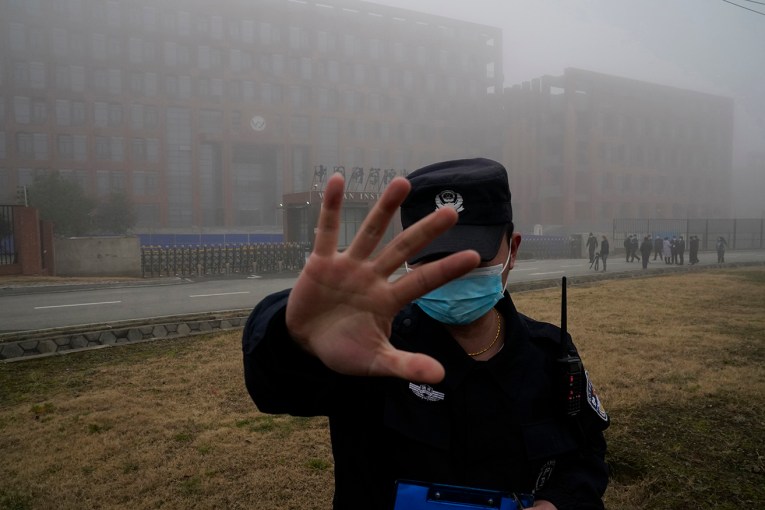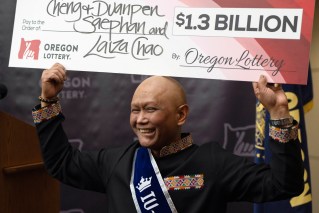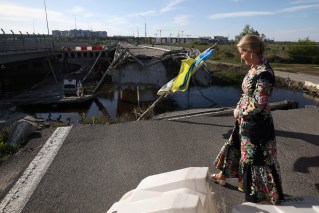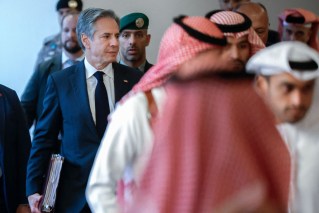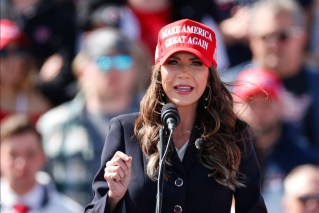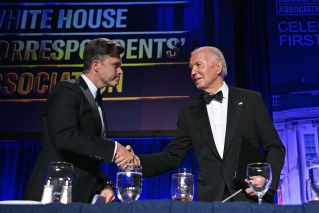Russia part of China’s dream for the Asia-Pacific
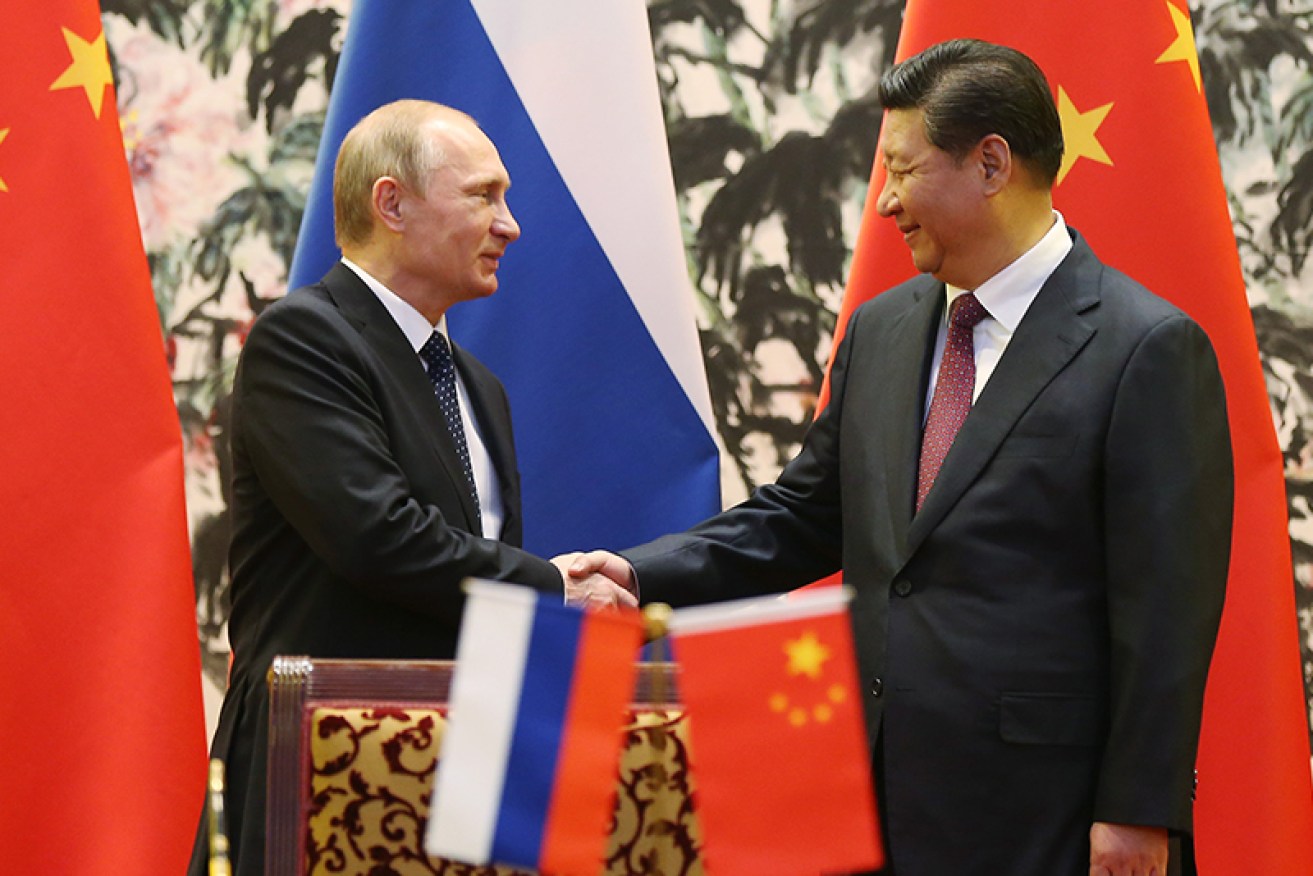
Chinese President Xi Jinping has used his country’s position as host of the APEC summit to offer the world a vision for a Chinese-driven “Asia-Pacific dream”, while also pledging to deepen ties with Russia.
Beijing’s hosting of the economic summit underlines its growing global clout: the 21 member-countries cover 40 per cent of the world’s population, almost half its trade and more than half its GDP.
“We have the responsibility to create and realise an Asia-Pacific dream for the people of the region,” the Chinese Communist chief told a gathering of business and political leaders that precedes the annual Asia-Pacific Economic Co-operation (APEC) leaders’ gathering.
• ISIL, MH17 on agenda for Tony Abbott and Barack Obama
• Abbott departs for Putin showdown
The summit will see Beijing push its preferred Free Trade Area of the Asia-Pacific (FTAAP), while Washington is driving its own Trans-Pacific Partnership (TPP).
The TPP is seen as the economic element of the much-touted US “rebalance” to Asia and so far brings together 12 APEC nations including Japan and Australia – but not China.
Obama left Washington on Sunday, with the White House saying he was expected to have “candid and in-depth conversations” with Xi, after Secretary of State John Kerry last week described the two powers’ relationship as the “most consequential” in the world.
From Russia with love
Chinese President Xi Jinping and his Russian counterpart Vladimir Putin have promised ever-closer co-operation as they met for the 10th time in less than two years.

Russian President Vladimir Putin is welcomed to China by President Xi Jinping. Photo: Getty
The two men, who held talks in Beijing on Sunday, have increasingly stressed their shared outlook which mirrors the countries’ converging trade, investment and geopolitical interests.
The two sides signed a series of agreements to step up their multi-billion-dollar natural resources collaboration.
“Together we have carefully taken care of the tree of Russian-Chinese relations,” Xi told Putin at the Diaoyutai state guesthouse in Beijing.
“Now fall (autumn) has set in, it’s harvest time, it’s time to gather fruit,” he said.
“No matter the changes on the global arena, we should stick to the chosen path to expand and strengthen our comprehensive mutually fruitful co-operation.”
Russia and China have been brought together by mutual geopolitical concerns, among them wariness of the United States.
The two countries often vote as a pair on the UN Security Council, where both hold a veto, sometimes in opposition to Western powers on issues such as Syria.
Putin said Russian-Chinese co-operation was “very important for keeping the world within the framework of international law, to make it more stable, more predictable”.
“Me and you have done a lot for this and I am sure we will continue to work in this manner in the future,” he added.
Moscow faces harsh Western criticism and sanctions over its seizure of Crimea and the conflict in eastern Ukraine, which could see Europe reduce its consumption of Russian gas.
China also has tense relationships over territorial disputes with neighbours such as Japan, Vietnam and the Philippines.
Under Xi, Communist China has mounted crackdowns on dissidents and tightened limits on expression, while critics accuse Putin’s Russia of rights abuses.
